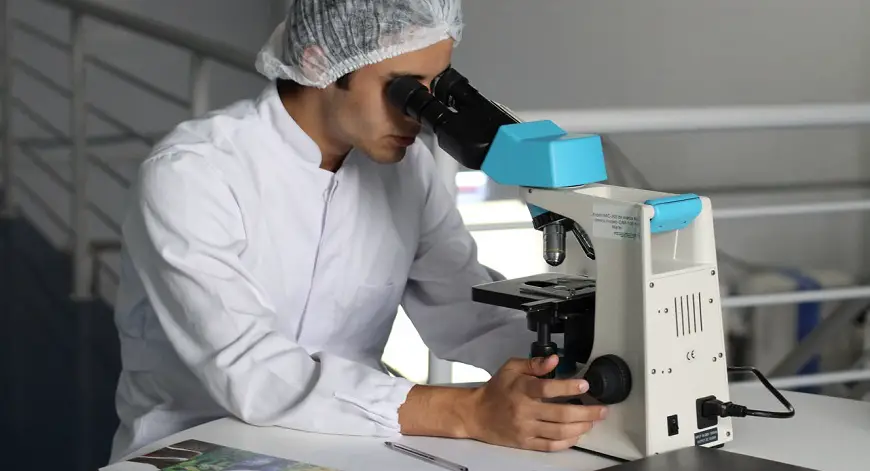
Researchers develop new clean, cheap and safe hydrogen production technology
September 18, 2019The new technology improves production efficiency.
Researchers at the Technion-Israel Institute of Technology have developed an innovative hydrogen production technology that is clean, cheap and safe. Moreover, the technology would improve production efficiency from an estimated 75% to 98.7%, according to the researchrs.
The production process is more eco-friendly than traditional hydrogen extraction methods.
The world is in need of clean hydrogen production technology. The reason is that 99% of hydrogen that is produced today comes from fossil fuels. An estimated 2% of all anthropogenic CO2 emissions into the atmosphere occur from extracting hydrogen from natural gas. These emissions contribute to the acceleration of global warming.
The process that the Technion researchers used to generate hydrogen is called Electrochemical-Thermally-Activated Chemical (E-TAC) water splitting. The process uses an anode with a chemical makeup that changes intermittently in a cyclic process.
In the first stage of the eco-friendly production method, the cathode produces hydrogen by decreasing water molecules while the anode alters its chemical composition without generating oxygen simultaneously. From there, the cathode is passive while the anode generates oxygen through oxidizing water molecules. At the end of the cycle, the anode returns to its initial sate and the process starts again.
The E-TAC water splitting process manages to decouple the hydrogen and oxygen evolution reactions, reports The Jerusalem Post.
The researchers created H2Pro to convert the hydrogen production technology to a commercial application.
H2Pro is a startup the Technion researchers opened, which is based on the hydrogen technology. With H2Pro, they hope to be able to scale up their production method to a commercial application.
Just over half (53%) of the hydrogen that is produced today is used to generate ammonia for fertilizers and other substances. Meanwhile 20% is used by refineries, another 20% serves other uses and 7% is utilized to produce methanol.
Hydrogen is expected to play a much larger role in the future as the world strives to combat global warming and adopt cleaner power sources, including hydrogen as a renewable energy source and for fuel cell electric vehicles.
 The hydrogen production technology research was carried out by the Department of Materials Science and Engineering’s Professor Avner Rothschild and the Faculty of Chemical Engineering’s Professor Gideon Grader.
The hydrogen production technology research was carried out by the Department of Materials Science and Engineering’s Professor Avner Rothschild and the Faculty of Chemical Engineering’s Professor Gideon Grader.



 HFN News is your leading source for fresh hydrogen and renewable energy updates. Amid the fast-paced growth of hydrogen companies, we provide top-notch news and insights about this exciting sector. Our coverage spans from hydrogen cars to global sustainable initiatives, and we highlight the latest in green jobs and developing hydrogen hubs. We invite you to share your local hydrogen news and explore today’s renewable energy job listings on our site. Thanks for choosing HFN News as your trusted guide to the hydrogen and renewable energy world!
HFN News is your leading source for fresh hydrogen and renewable energy updates. Amid the fast-paced growth of hydrogen companies, we provide top-notch news and insights about this exciting sector. Our coverage spans from hydrogen cars to global sustainable initiatives, and we highlight the latest in green jobs and developing hydrogen hubs. We invite you to share your local hydrogen news and explore today’s renewable energy job listings on our site. Thanks for choosing HFN News as your trusted guide to the hydrogen and renewable energy world!